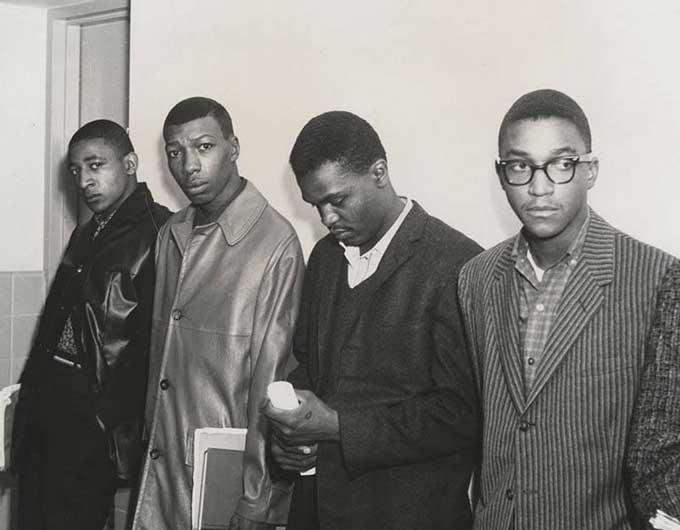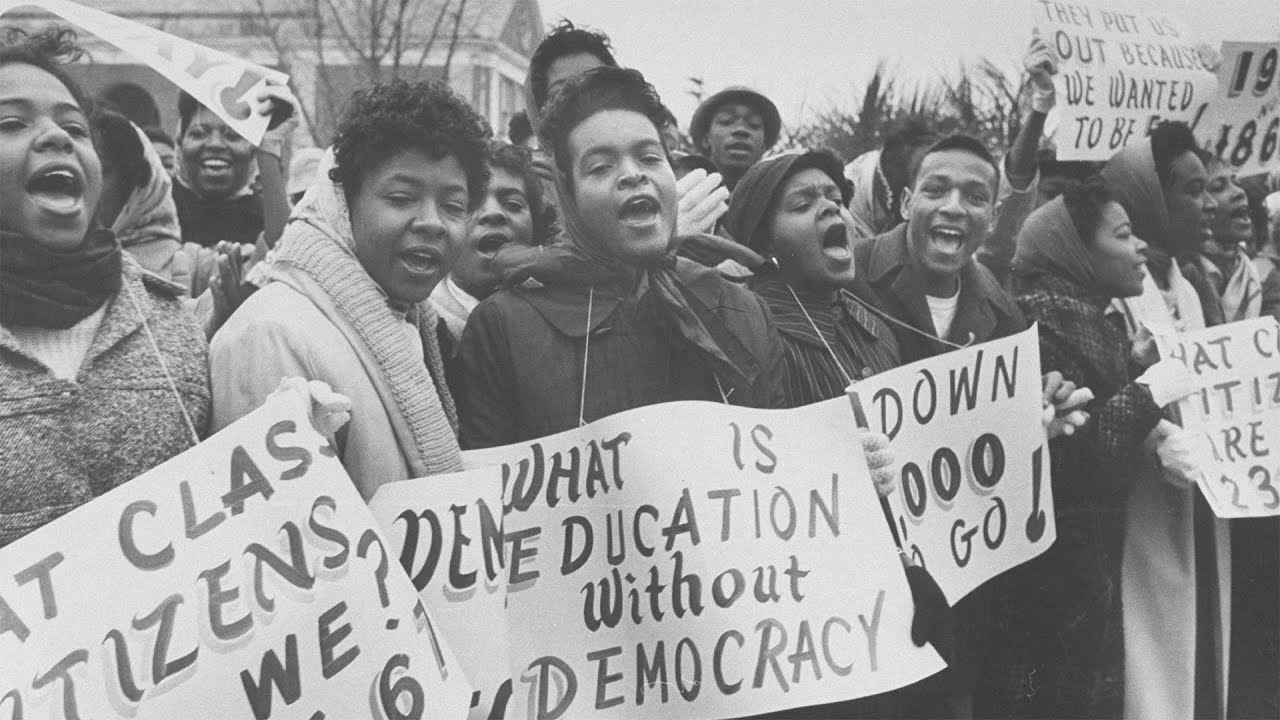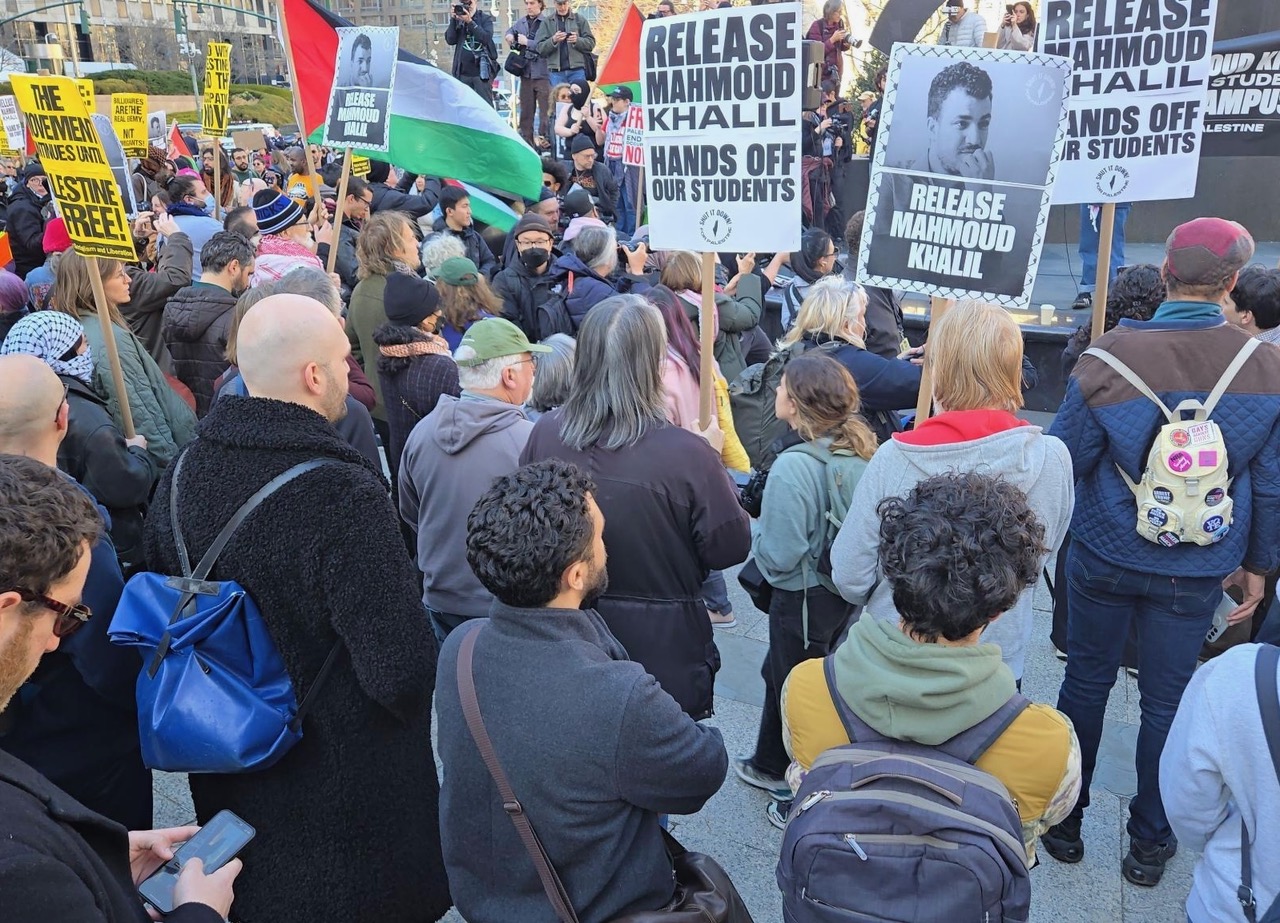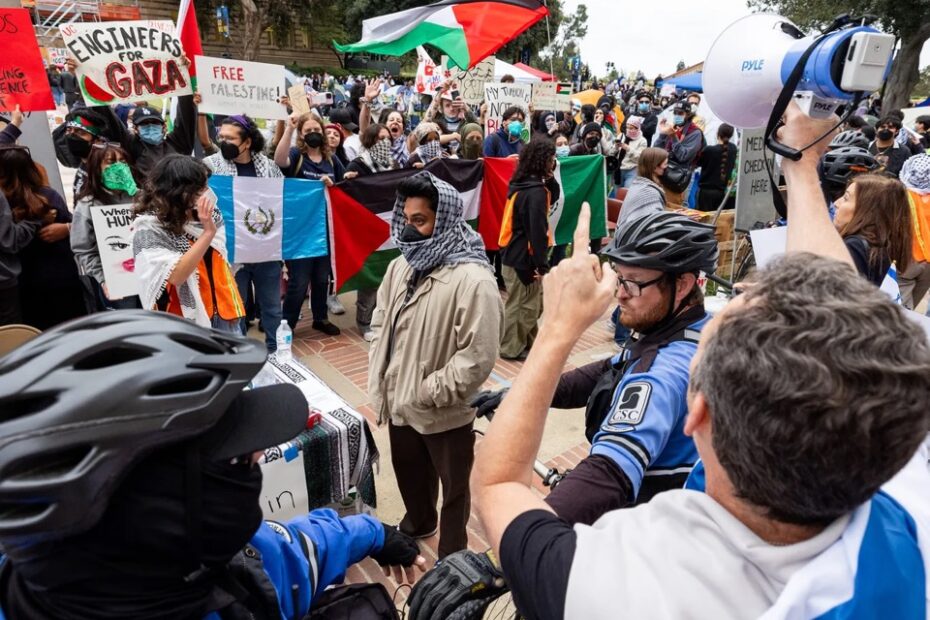Since the 1800s the courts have profoundly shaped American higher education. We now find ourselves in a political environment where not only the courts but orders from the Executive Office of the United States are shifting the higher ed landscape once again.
Case in point: parallels between the 1961 Dixon v. Alabama State Board of Education and the student protests that have taken place in 2024-2025 centered around the Israel-Hamas War. Both cases reflect issues of student due process, the First Amendment rights, institutional pressure and public backlash.
The Dixon case involved six students at Alabama State College who staged a sit-in at a segregated lunch counter in the Montgomery County Courthouse. They were arrested and expelled without being given notice or a hearing.

Due Process
The U.S. Court of Appeals for the Fifth Circuit reasoned that the expulsion of students without prior notice or an opportunity to present their side violated the principles of due process under the Fourteenth Amendment. The case ended the doctrine of in loco parentis which allowed public colleges and universities to discipline or expel students without due process.
Because of the Dixon case, students gained full rights as citizens and could protest issues such as racism, the Vietnam War, university policies and publish controversial opinions while expecting fair treatment on campus.
When demonstrations occurred at college and university campuses across the country during the spring of 2024 due to Israel’s action, administrators called in campus and local police forces, implemented academic suspensions and even expelled students.
More than 3,100 students were arrested nationwide. Students faced suspensions, expulsions, and arrests, often without transparent disciplinary hearings. Since then, allegations have surfaced that university administrations are bypassing due process protections when disciplining protestors, often under pressure from donors, politicians, or public backlash. Some universities revised their disciplinary codes.

Institutional Pressure and Public Backlash
While in the Dixon case, the expulsions were due to strong resistance to desegregation and civil rights protests, in 2024 institutions of higher education were under political pressure, too, due to the presidential campaign that was underway. The Trump campaign blamed Biden, calling the protests “a disgrace to our country.”
Biden, meanwhile, was balancing support for Israel with trying to appease both pro-Israel voters and those who were concerned about the civilians in Gaza. Republican lawmakers called for the deployment of the National Guard. Not only did politics play a role in university actions but there was also pressure from alumni and donors as well as from advocacy groups concerned about antisemitism and campus safety.

Legal and Historical Legacy
While the Dixon case became a cornerstone of student rights jurisprudence, mandating notice and hearing before expulsion at public institutions, the legacy of the Israel-Hamas War protests is still playing out. International students have been arrested, others deported. It has been reported that more than 300 student visas have been revoked. There will likely be litigation testing the limits of university discipline, especially in terms of viewpoint discrimination and policies around campus dissent.
Dixon v. Alabama and the current student protests both represent moments when student activism challenged university authority amid major national conflicts—civil rights and the Israeli-Palestinian conflict, respectively. In each, public universities acted punitively against student protestors, triggering debates around due process, free speech, and the role of the university in democratic dissent.

